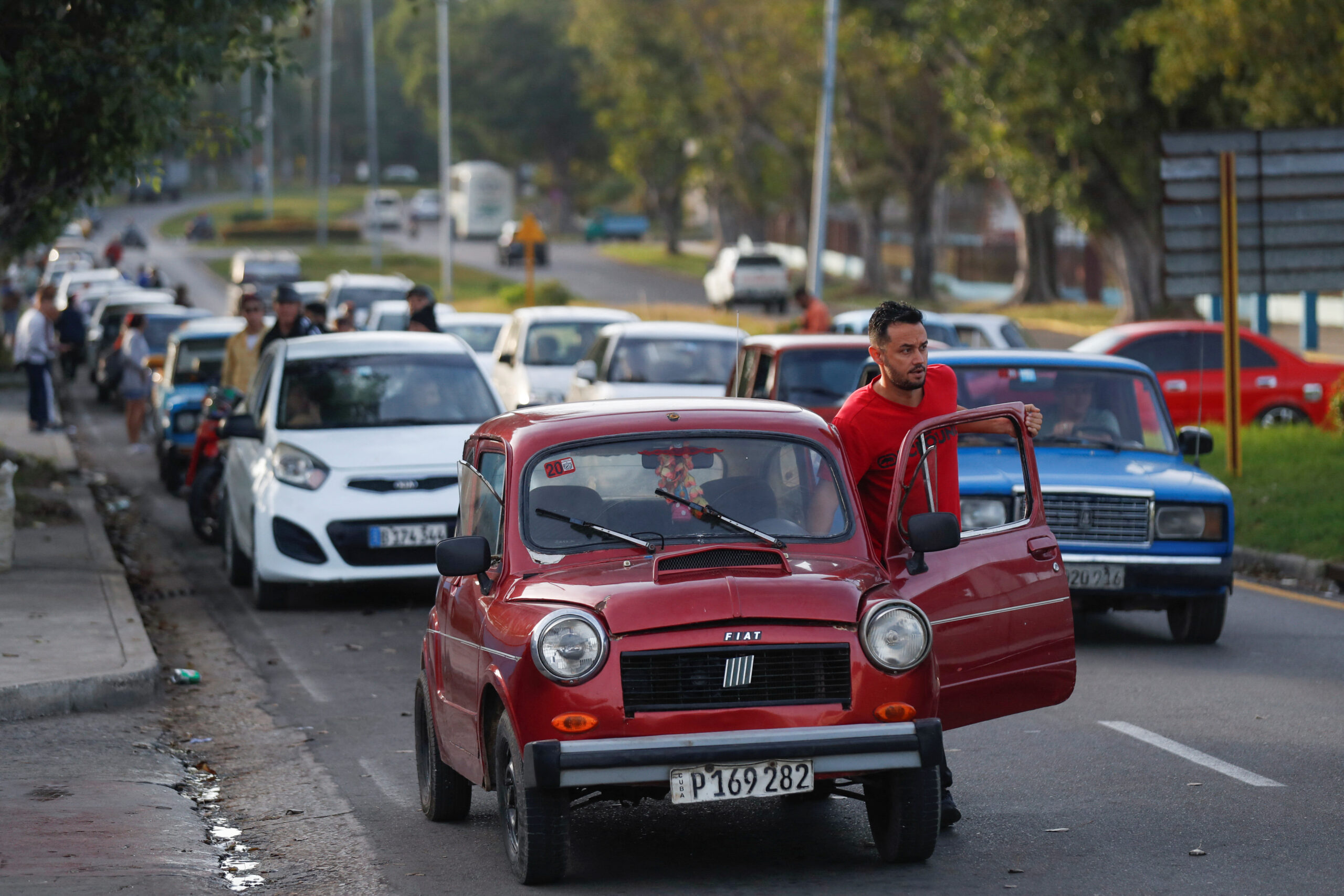Is there a secret to longevity? This health expert says 1,000% yes
In the era of social media, post-COVID, and with mental health at the forefront, a shift is taking […]

The Cuban government has announced a significant increase in gasoline prices, set to take effect on February 1, as part of a series of economic measures aimed at addressing the budget deficit.
Regular gasoline is slated to rise from 28 Cuban pesos (20 US cents) to 132 pesos, marking a staggering 528% increase, while super gasoline will climb from 30 to 156 pesos, representing a 520% hike.
The Minister of Finance and Prices, Vladimir Regueiro, made this announcement on state television on Monday. As part of these changes, authorities have specified that tourists will be required to pay for gasoline in foreign currency. The government, which has historically subsidized essential goods and services, disclosed a set of measures at the end of December to tackle the budget deficit amid a severe economic crisis in Cuba.
Official estimates suggest a 2% contraction in the Cuban economy in 2023, accompanied by a 30% inflation rate. Economy Minister Alejandro Gil acknowledged in late December that the government cannot sustain selling fuel at “subsidized” prices, especially considering the longstanding U.S. embargo, necessitating foreign exchange. “The country cannot uphold fuel prices, which are the most inexpensive globally when compared to prices in other nations,” he declared.
While gasoline in Cuba is considered very cheap, when compared to the country’s wages, it is deemed extremely expensive. Analysts argue that the newly proposed price structure will have a profound impact on the entire society.
In addition to the fuel price adjustment, the government announced a 25% increase in electricity prices for significant consumers in residential areas, along with hikes in the cost of natural gas.
The government has also revealed that the Central Bank is currently exploring a potential new exchange rate against the dollar. The peso has undergone two devaluations since 2021.
Facing its most severe economic crisis since the collapse of the Soviet bloc in the 1990s, Cuba, with its population of 11 million, is grappling with the repercussions of the COVID-19 pandemic, heightened sanctions imposed by the US government in recent years, and inherent weaknesses and vulnerabilities in its economic and political system.

In the era of social media, post-COVID, and with mental health at the forefront, a shift is taking […]

With its fast speeds and revolutionary potential, 5G stands out as a noteworthy milestone in the field of […]